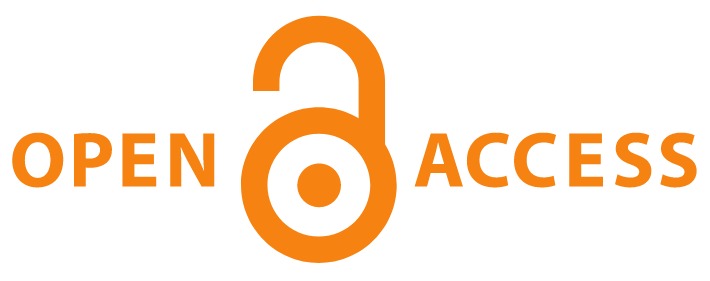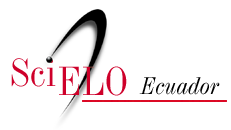Analysis of metadata schemas for the thesis cataloging and research projects
DOI:
https://doi.org/10.26423/rctu.v5i1.209Keywords:
Libraries, Cataloging, DSpace, Metadata, UniversitiesAbstract
This article reveals the comparative analysis of metadata schemas MARC21, MODS, DUBLIN CORE and OPAC in cataloging and publication of thesis and research projects in the DSpace repository. It begins with the development and implementation of a survey to library administrators of the following institutions: University of Cuenca, Azuay University, Catholic University of Cuenca, Salesian University and the Municipal Library of the city of Cuenca, in order to determine the schema metadata used in cataloging thesis and research projects. Then a virtual Machine was installed under the Ubuntu operating system. By using the tasksel tool the prerequisites are installed previous to the installation of DSpace, DSpace repository configuration and publication of the contents of thesis and research projects within the repository. It is concluded that the metadata that prevails within the DSpace repositories is the Dublin Core and it is the one best fits for cataloging thesis and research projects, in tests with students and teachers in the three aspects: technical, use and functional. The Dublin Core metadata schema in the repository DSpace is rated as excellent, having an average level of complexity in registration documents.
Downloads
Downloads
Published
Issue
Section
License
El titular de los derechos de autor de la obra, otorga derechos de uso a los lectores mediante la licencia Creative Commons Atribución-NoComercial-CompartirIgual 4.0 Internacional. Esto permite el acceso gratuito inmediato a la obra y permite a cualquier usuario leer, descargar, copiar, distribuir, imprimir, buscar o vincular a los textos completos de los artículos, rastrearlos para su indexación, pasarlos como datos al software o usarlos para cualquier otro propósito legal.
Cuando la obra es aprobada y aceptada para su publicación, los autores conservan los derechos de autor sin restricciones, cediendo únicamente los derechos de reproducción, distribución para su explotación en formato de papel, así como en cualquier otro soporte magnético, óptico y digital.













